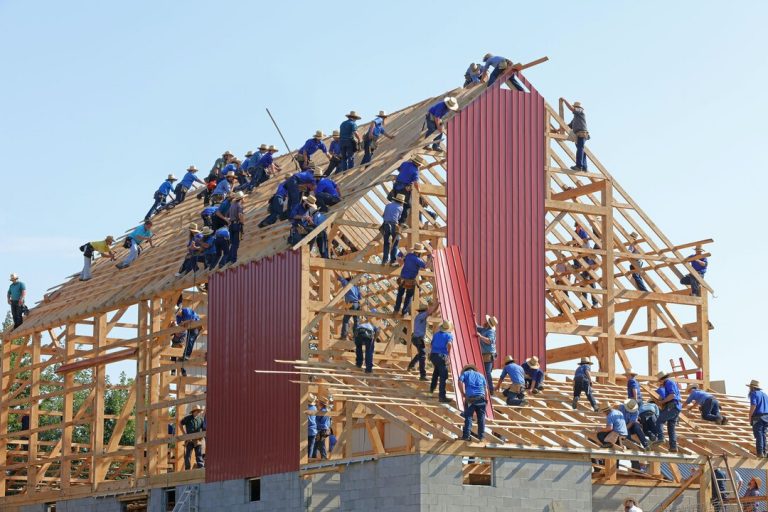Every construction project begins with the best of intentions; the project will be under budget, the proper materials will be delivered, and everyone will be paid on time. Unfortunately, even the best laid plans of mice and men often go awry. When there is a problem with your construction plan you should expect, at a minimum, there will be escalating costs and project delays. However, to ensure you receive the compensation you are entitled to, then you need to comply with the applicable statutory requirements.
The Michigan Construction Lien Act (“the Act”) allows contractors, subcontractors, suppliers, or laborers, who provide an improvement to real property, to acquire a lien against that property in the event of non-payment of wages.[1] That lien will “attach” to the interest of the owner or the lessee that contracted for the improvement to be made.[2] The Act is comprised of numerous caveats and nuances. In general, some requirements include the following: (1) Providing sworn statements[3]; (2) Filing the construction lien within 90 days after the last labor or material was supplied to the real property[4]; and (3) Foreclosing on a construction lien within one year after it is filed[5]. These are some of the requirements that must be met in order to perfect a commercial or residential construction lien.
There are some additional requirements that must be met before a residential construction lien will be perfected. Specifically, there are two additional requirements that must be met. First, if required by the Occupational Code to be licensed, and the residential builder is not so licensed, then the builder cannot file a claim of lien against the real property.[6] Furthermore, if the builder is not licensed as required, then they also cannot sue the owner or lessee for their unpaid wages.[7] Secondly, the contractor must have a written contract with the owner or lessee regarding the improvement to the real property, and it must include very specific language.[8]
The above information should provide contractors some guidance regarding the proper procedures to follow in order to secure their compensation for labor and materials. However, to fully protect their rights, contractors should seek the advice of an experienced attorney to ensure that all procedural requirements have been met.
Zacharia S. Bonham is an attorney at Daudi & Kroll, P.C., focusing primarily on Commercial Litigation, Construction Law, Employment Law, and Business Law. He can be contacted for any questions related to this article or other areas of law at zac@daduikroll.com or (517) 381-2663.
[1] MCL 570.1101, et seq.
[2] MCL 570.1107
[3] MCL 570.1110(1)(a)
[4] MCL 570.1111(1)
[5] MCL 570.1117
[6] MCL 570.1114
[7] MCL 339.2412
[8] MCL 570.1114




